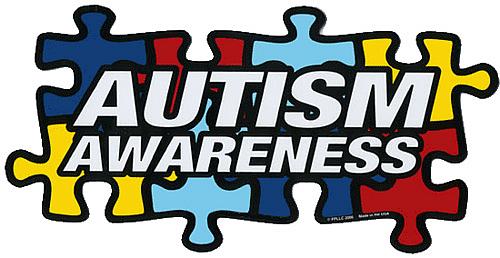Avoiding Stigma and Misinformation: Mental Illness, Autism and Violence

Did you see this blog posted on Facebook over the weekend -- “Thinking the Unthinkable”? Several of my friends dubbed it a “must read.” Perhaps you learned about it on Twitter or read it re-posted on Huffington Post or Gawker. The blog, also dubbed “I am Adam Lanza’s mother,” made the social media rounds in the wake of the mass murder at Sandy Hook Elementary School in Newtown, Conn., on Friday. In it, a mother details her life with a 13-year-old son who has pulled a knife on her and tried to kill her. He’s also threatened to kill himself. The author, Liza Long, says no one knows for sure what’s wrong with her son:
Autism spectrum, ADHD, Oppositional Defiant or Intermittent Explosive Disorder have all been tossed around at various meetings with probation officers and social workers and counselors and teachers and school administrators. He’s been on a slew of antipsychotic and mood altering pharmaceuticals, a Russian novel of behavioral plans. Nothing seems to work.
The post states up front the laudable goal of fostering a national conversation on mental health. Long rightly notes the stigma associated with mental conditions and that many people with mental illness fall through the cracks of our health care system. But none of that means they will resort to violence. Long, who says her son “terrifies” her, risks leaving her readers scared of her son and anyone else who suffers from mental illness.
Bloggers aren’t the only ones fostering this link between mental illness and violence. Initial reports in the media were that the brother of the alleged shooter, Adam Lanza, was autistic. The Associated Press cited an anonymous source not authorized to discuss details of the investigation that told of Lanza’s purported mild autism. Curtis Brainard in the Columbia Journalism Review assesses how the media has kept this “conjecture” going.
“We have been deluged with tremendous concern from parents who have kids with autism,” says Autistic Global Initiative Director Valerie Paradiz. They worry, in light of Friday’s events and the subsequent reporting about autism and violence, that there’s a risk children with Autistic spectrum disorder (ASD) will be viewed with suspicion by their peers and teachers.
“It is important that the culture at large doesn’t just assume that people with autism are a danger to people,” Paradiz explains. “It would be a very big step backward, if we begin to perceive people with autism that way.”
Autistic individuals may react aggressively in a stressful situation, but there’s no evidence of premeditated mass shootings or pulling on a knife on a family member.
“That does take you out of the norm of autism,” Lisa Guy, a clinical psychologist/scientist at the Center for Autism Research explains.
Even if it turns out that Lanza had been diagnosed with ASD, other factors would have contributed to the violence, says Guy. “Our current understanding is that people with ASD are not more likely to be violent.”
Another misperception Lanza notes about ASD is a lack of empathy: “[People with ASD] might not have awareness of the feelings of others, but there is no evidence that there is a lack of compassion or sociopathic behaviors.”The question asked in “Mental Health: A Report of the Surgeon General” (1999) will likely persist because the stigmatization of mental illness is nothing new: “Are people with mental disorders truly more violent? Research supports some public concerns, but the overall likelihood of violence is low. “
National Alliance on Mental Illness sent me this helpful list for journalists reporting on the subject:
- Avoid stereotypes
- Include statistics
- Explain the illness’ characteristics & treatment
- Find success stories

